- mandeepsingh27@gmail.com
- +91 9888129999

Menu
Skin Prick Test

Skin Prick Test for Allergies
Skin prick test is an effective diagnostic method for the respiratory tract to locate allergens that cause problematic symptoms. From little pain to severe respiratory distress, these symptoms can vary. Expert doctors can create specialised treatment programmes for patients, enhancing their quality of life, by identifying the precise allergens that cause these reactions.
The Basics of Skin Prick Test
A tiny amount of allergenic chemicals are injected into the skin's surface during the skin prick test, commonly called a puncture or scratch test. These substances can be typical allergies such as dust mites, pollen, pet dander, or mould. These allergens' effects on the skin can be used to determine which ones cause an allergic reaction. There is a process to perform this test on the patient's skin.

Procedure of Test
Preparation- It's vital to tell your doctor about any medications you take before the test because antihistamines can affect the results. Cleanse the test area, typically the forearm or back, then mark it with a grid to designate the various allergies.
- 1. Application: On the areas that have been cleansed, place a few drops of the allergenic extract. Then each drop is carefully pierced into the skin with a little lancet or needle. This enables the allergens to interact with the immune system, possibly causing an allergic reaction.
- 2. Observation: Any reactions are measured after roughly 15-20 minutes. A wheel, or elevated, reddish lump, encircled by a flare of redness, is a classic sign of a possible reaction. If you observe no such thing, the skin has not reacted to the substances.
- 3. Result- The reaction's size and amount of redness show the response's severity. It indicates which substance has reacted to the test.
Pulmonary medicine and skin prick tests
Asthma, allergic rhinitis (hay fever), and even more severe disorders like Allergic Broncho Pulmonary Aspergillosis (ABPA) are common manifestations of respiratory allergies. Effective management of these disorders depends on pinpointing the allergens involved. In pulmonology, skin prick testing is crucial for identifying these sensitivities since it allows pulmonologists to:
- 1. Personalise Treatment Options: Identifying allergens allows pulmonologists to create specialised treatment plans. Avoiding allergens, taking medicine, or receiving immunotherapy may become necessary.
- 2. Improved Asthma Management: For asthma patients, being aware of their unique triggers can help them better manage their condition and have fewer episodes overall.
- 3. Improved Quality of Life: Skin prick testing's accurate diagnosis enables patients to make wise lifestyle adjustments to avoid allergens, enhancing their general well-being.


+91 9888129999
Call us now

mandeepsingh27 @gmail .com

24 X 7 support
We are open on

